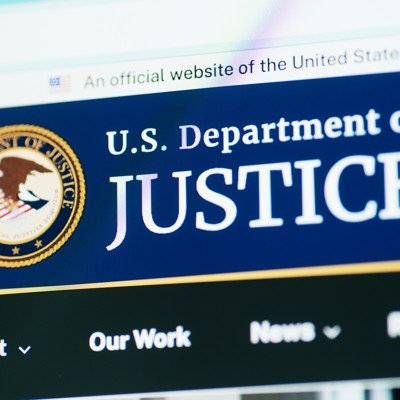The U.S. federal court system is taking additional steps to strengthen its cybersecurity posture after Politico reported that the nation’s electronic case filing management system was compromised by hackers.
The federal government’s judiciary is “taking additional steps to strengthen protections for sensitive case documents in response to recent escalated cyberattacks of a sophisticated and persistent nature on its case management system,” it said in a Thursday statement.
“The Administrative Office of the United States Courts has continued to collaborate with Congress as well as the Department of Justice, the Department of Homeland Security and other partners in the executive branch to mitigate the risks and impacts of these cyberattacks,” the statement adds.
The breach may have revealed the identities of confidential informants involved in criminal cases in several federal district courts, according to the report. Chief judges from the federal courts in the 8th Circuit were briefed on the hack during last week’s judicial conference in Kansas City, according to two people cited in the Politico story.
It’s not clear who led the briefing, though Judge Robert J. Conrad, Jr., who oversees the Administrative Office of the U.S. Courts, was present, according to one of those people. Justice Brett Kavanaugh also attended, but didn’t mention the breach in his remarks, the report adds.
The Senate and House Judiciary Committees, along with representatives from the House and Senate Appropriations Committees and the Senate Judiciary Subcommittee on Federal Courts, received a staff-level briefing on this matter on July 23 and have requested a classified follow-up briefing in September, according to a Senate Judiciary Committee spokesperson.
A person familiar with the matter confirmed the briefing and added that the hack was similar to that of a court system breach in 2020. That person requested anonymity because they weren’t permitted to publicly discuss the situation.
Court systems are appealing targets for nation-state hackers and cybercriminals because they house sensitive legal records, classified filings and personal data that can be exploited for intelligence or extortion.
Many courts also operate on outdated or under-resourced IT infrastructure, making them vulnerable entry points into broader government networks. Disrupting court operations could potentially delay proceedings or provide legal or strategic advantages to foreign adversaries.
“Storing such sensitive documents in these long aged systems is a disaster in the making,” said one public sector cybersecurity expert, who was granted anonymity to be candid. “What’s surprising is that it doesn’t happen even more often.”
Court of Appeals Judge Michael Y. Scudder, who chairs the Judicial Conference’s IT Committee, warned last September of cybersecurity threats to the Judiciary and outlined steps being taken to address them. In June, he told a House Judiciary subcommittee that the branch is continuing efforts to modernize its IT systems as more advanced cyber threats mount.




